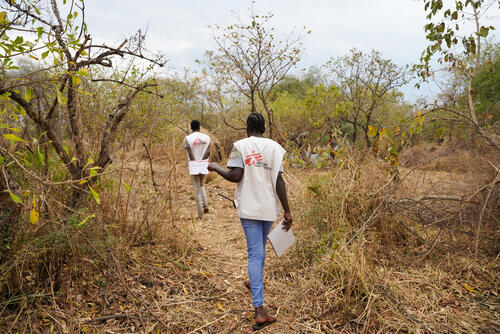Discover all our latest news, stories and publications. Use the filter to get to the content you're looking for.
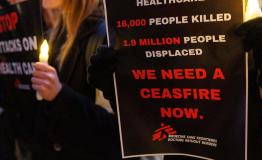
MSF calls US veto of Gaza ceasefire resolution “a vote against humanity”

MSF report on abuse in Abu Salim and Ain Zara detention centres in Libya
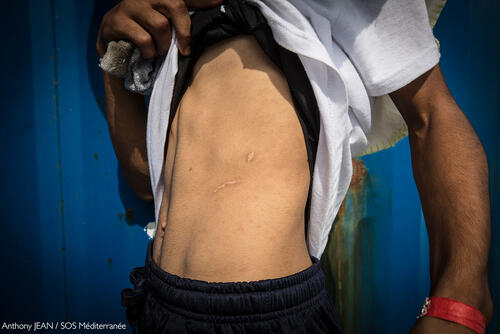
People are beaten, sexually abused and killed in Libyan detention centres
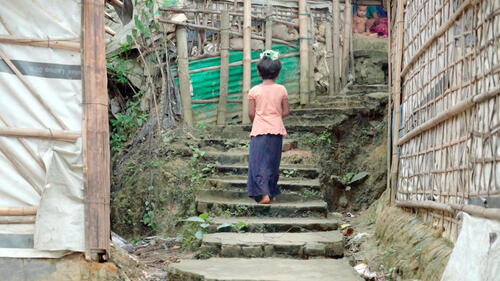
Rohingya youth trapped in violence and despair in Cox's Bazar
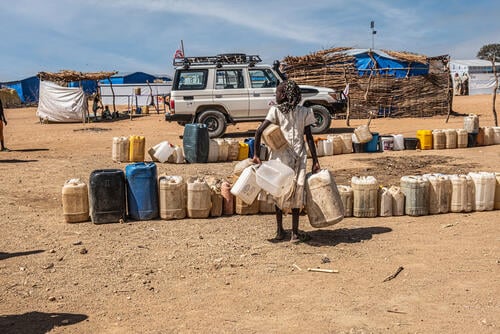
Severe lack of water causing serious health risks for children in Chad
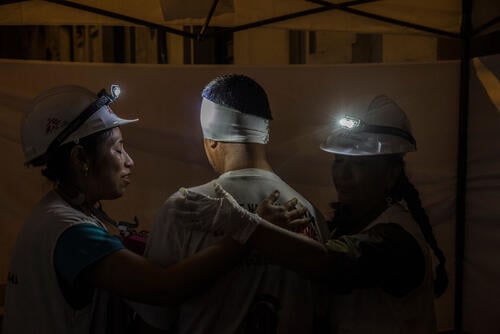
A Year in Pictures 2023
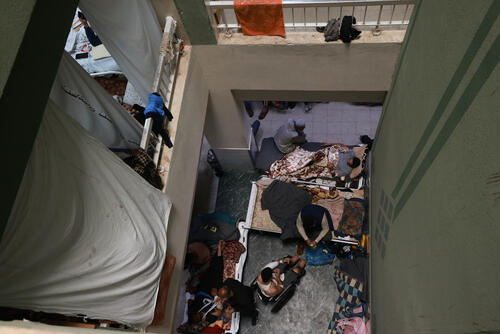
Hospitals in south Gaza overflow with hundreds of injured as Israeli forces step up bombardment
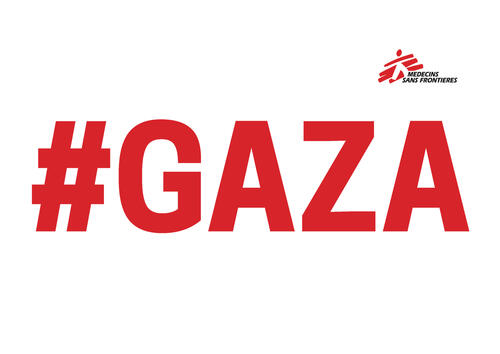
Gaza: “It must all stop now.” Letter to UN Security Council

MSF at COP28: speech on champions leading the way on climate and health
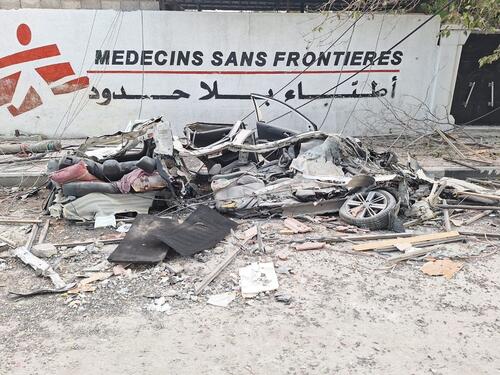
MSF convoy attacked in Gaza: all elements point to Israeli army responsibility
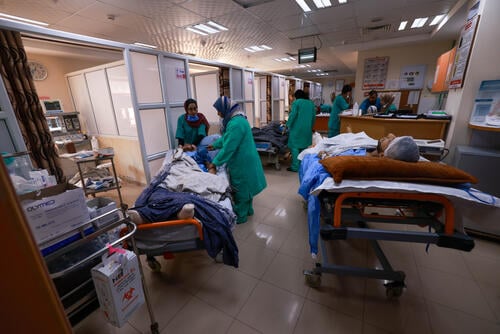
Five things to know about the dire situation in southern Gaza
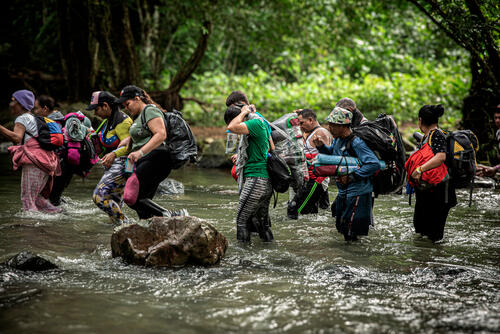
Migrants left without protection as Darién Gap crossings reach half a million
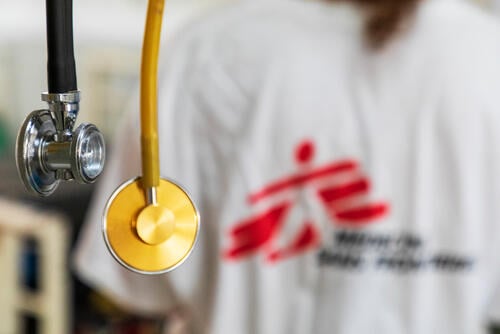
Malnutrition crisis grips children trapped in western Burkina Faso

Repeated attacks on hospitals in Ukraine take a tragic toll on lives and infrastructure
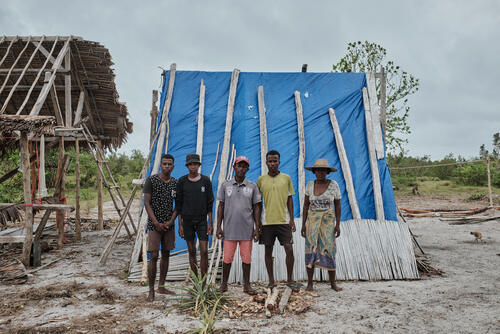
At COP28, more failure on climate change is not an option for vulnerable communities
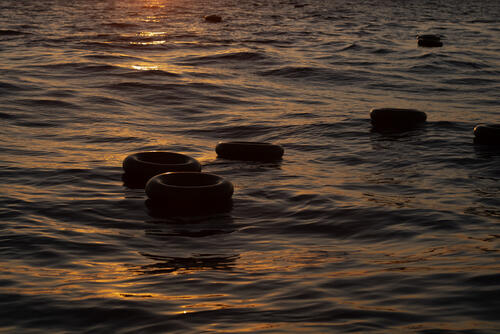
“No one came to our rescue”: The human costs of European migration policies in the Central Mediterranean
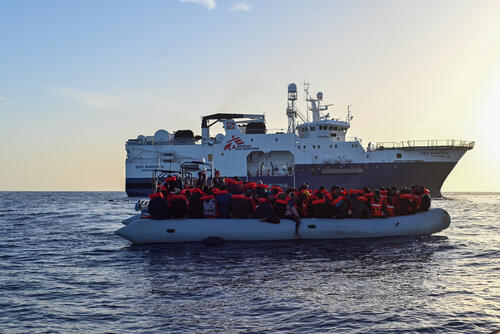
EU member states must reverse deadly inaction on Central Mediterranean migration

MSF doctors killed in strike on Al-Awda hospital in northern Gaza
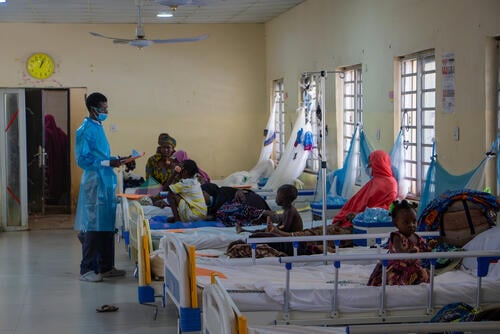
Dramatic upscaling of vaccination needed in West Africa to curb deadly diphtheria outbreaks
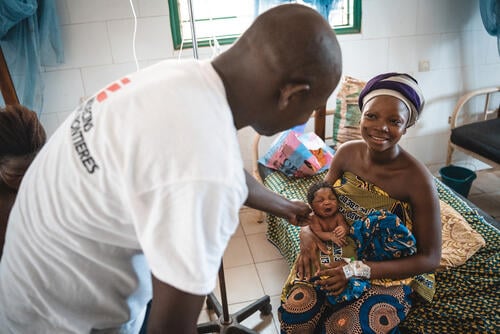
Limiting maternal and child loss in communities in Benin
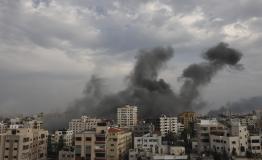
Gaza: MSF condemns deadly attack on convoy transporting staff and family members
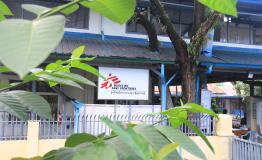
Medical facilities, patients and healthcare workers must be protected as conflict escalates in Myanmar

Gaza: Trapped by unrelenting fighting, thousands of civilians are at risk of dying, including over 100 MSF staff and their families
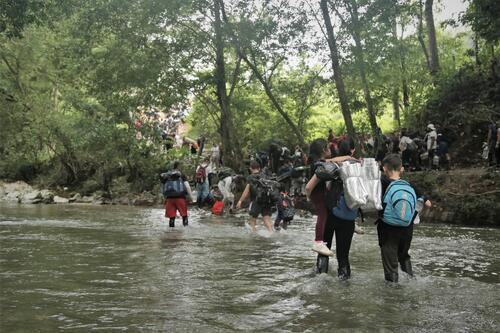
Incidents of sexual violence spike for those crossing Panama’s Darién Gap

How we deliver medical humanitarian assistance
Everywhere we work, the circumstances are unique. Nonetheless, our programmes generally follow a common set of practices designed to make sure our resources and expertise are used to maximum effect.




